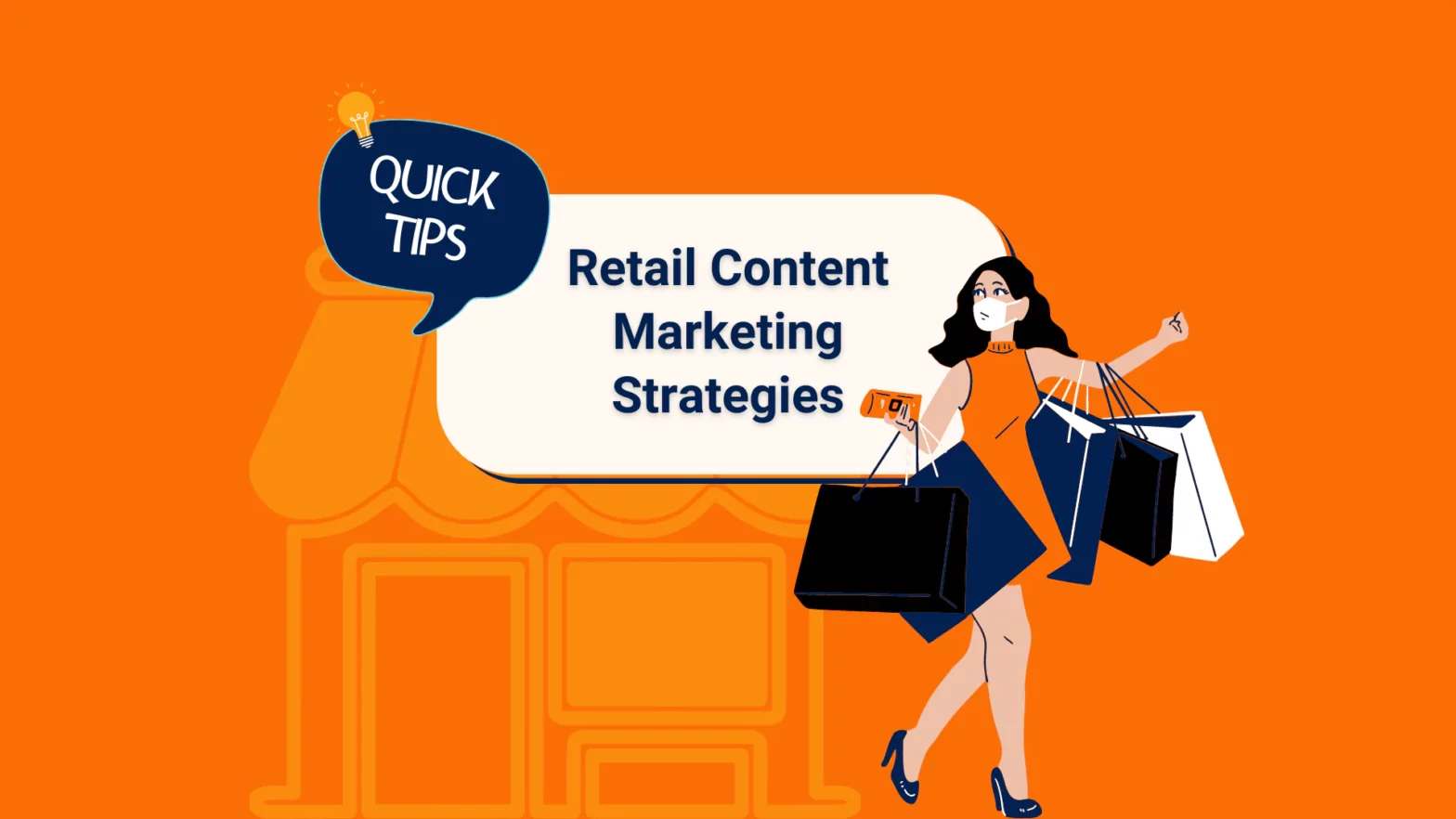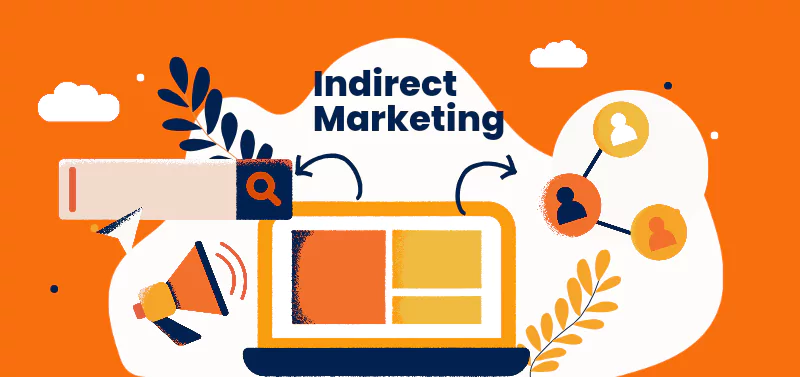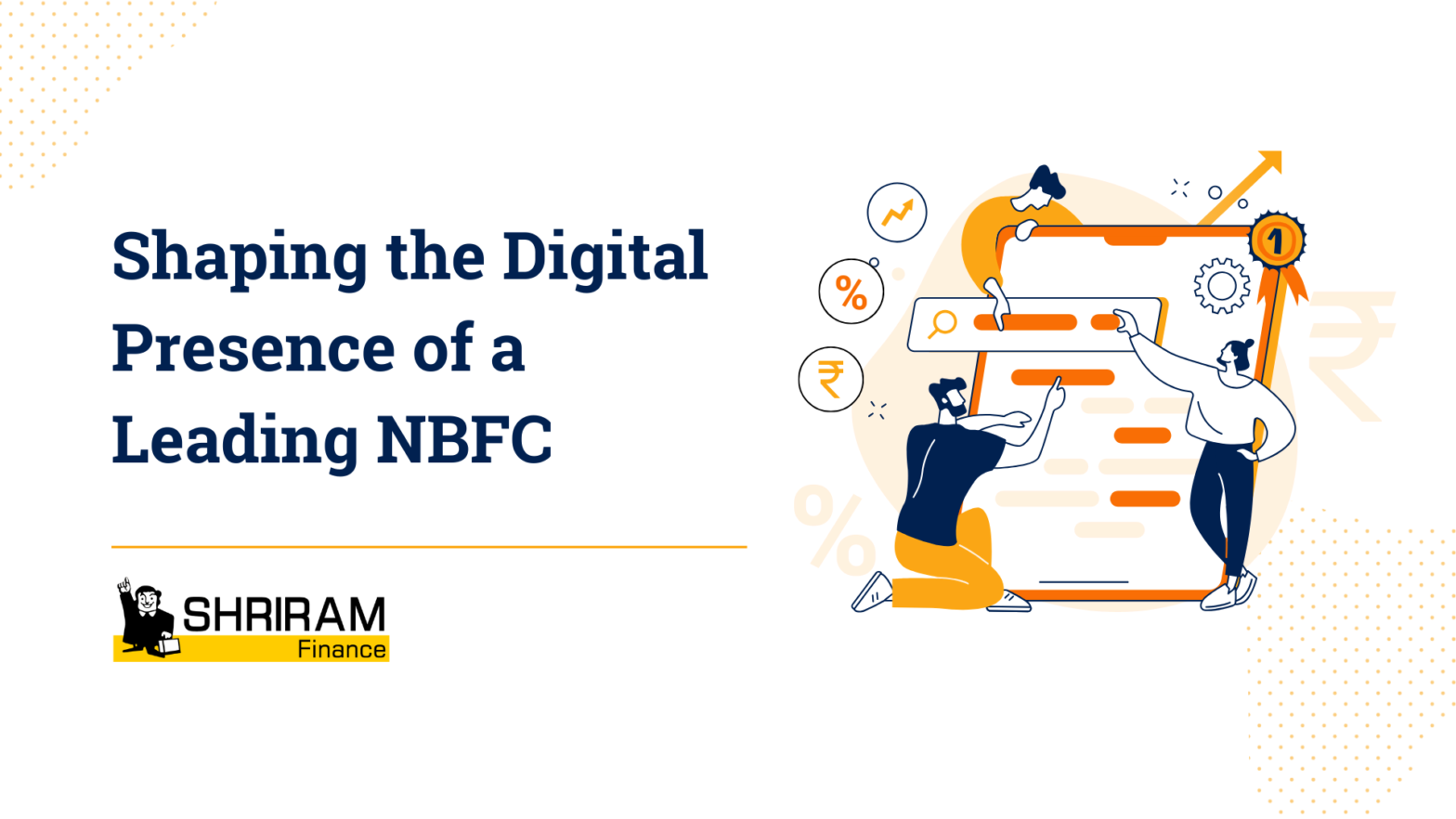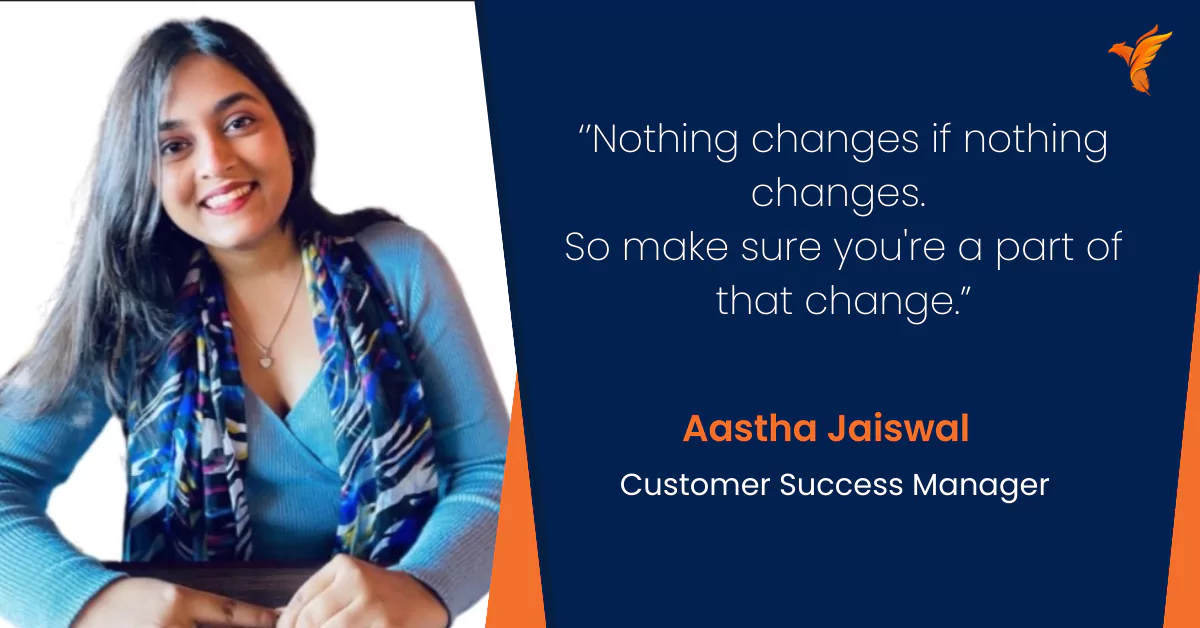The Digital Marketing for Startups Playbook: Strategies for Success
Author: Team WH
Published On: 04-05-23
Last Updated on: 07-11-23
Estimated reading time: 5 minutes
One of the biggest challenges that startup founders face is gaining traction in a crowded digital marketplace. With thousands of new businesses launching yearly, standing out and attracting customers is an everyday battle. This is where well-planned digital marketing for startups makes all the difference.
These statistics show how digital marketing can help your startup succeed where most others fail.
● 78% of consumers spent more time researching a brand or product online than in a store
● 93% of customers say online review impact their purchasing decision
● 71% of consumers expect companies to understand their needs and deliver personalised interactions
But having a solid digital marketing plan is vital for all these stats to work in your favour. So, if you find that your digital marketing efforts are not up to the mark yet, here are top digital marketing strategies for startups to launch toward success.
Best Digital Marketing Strategies for Startups
1. Use Paid Retargeting Ads to Build a Community
Retargeting an audience who has shown interest in your product is the key to driving more conversions, and so is quite important when it comes to digital marketing for startups.
As a startup, you may have a limited customer base at the start of your business. Hence, keeping them interested in your business and products can help to build a loyal community. To run retargeting ads for your startup, you should:
- Choose your platform, like Google Ads, to reach your target audience
- Select the right audience who visit your homepage or people who check out a product but leave before buying
- Track and analyse how your ads are performing using a built-in analytics tool available on the preferred platform
2. Leveraging Influencer Marketing
Influencers bridge the gap between potential customers and brands. They engage with their followers on social media platforms and influence them with their ideas and recommendations. Audiences adore and trust their favourite influencers. Hence, influencer marketing, when done right, provides a helping hand to build trust around your brand.
To get the most out of the influencer marketing, use the following tips –
- Before partnering with influencers, do your research to find the niche-relevant influencers
- Reach out to influencers who resonate with your audience and collaborate
- Monitor your influencer marketing metrics like engagement rate, number of likes and comments, and website traffic
3. Don’t Miss Out on Email Marketing
Email marketing is a highly cost-effective digital marketing channel that can benefit in generating leads and brand awareness.
Here are some tips on effective email marketing.
- Personalise and automate your brand message to smoothen out the customer buying journey; they refrain from clicking random emails and may unsubscribe from newsletters
- Segment your audience to send targeted emails to your existing and potential customers
- Include CTA (call-to-action) in emails to encourage customers to take desired actions
4. Build Your Website and Brand for Strong Online Presence
The first stage in your digital marketing strategy for startups is creating your online presence and building your brand. Branding is essential for an online business to make itself known on search engines. Besides, users like to follow and interact with brands on social media.
To get started with branding your startup business, follow these tips:
- Create a website to send a clear message about your brand
- Improve the speed with which a website loads and make it mobile-friendly
- Craft a logo that represents your brand
- Optimise business pages on social media marketing channelslike Facebook, YouTube, Instagram, Twitter, Pinterest
- Leverage the potential of Search Engine Optimization (SEO)
- Improve your content marketing by providing value to customers with blogs, articles and lead magnets
5. Measure the Success of Your Campaigns
Setting clear and specific goals and tracking relevant metrics can help startups measure digital marketing success. Some metrics that startups should observe include website traffic, engagement rates, conversion rates, customer acquisition costs, customer lifetime value, and return on ad spend.
It’s vital to frequently analyse and adjust campaigns for digital marketing for startups based on these metrics for better results.
Common mistakes startups make in their online marketing efforts
Addressing the following common mistakes is crucial in digital marketing for startups:
- Not clearly defining their target audience or understanding their pain points
- Focusing excessively on tactics without clear goals or an overarching plan
- Neglecting to optimise their website or landing pages for conversions
- Not tracking and analysing their metrics or adjusting their campaigns accordingly
- Trying to do too much at once and spreading themselves too thin
- Being too sales-y or promotional in their messaging rather than focusing on providing value to customers
Digital Marketing for Startups – Partner Up with WrittenlyHub
If you’re seeking a content marketing agency to help with the digital marketing efforts for your startup, WrittenlyHub is here to help. From social media and website copywriting to writing SEO-friendly articles and guest posts, WrittenlyHub has got all your content needs covered. Learn more about our content writing and marketing services to get started now.
People Also Ask
1. Why digital marketing is important for startups?
Digital marketing is vital for startups as it levels the playing field, allowing them to reach large audiences at a lower cost compared to traditional marketing. It’s essential for brand building, audience engagement, and data-driven insights that drive growth.
2. What is SEO in digital marketing?
SEO, or Search Engine Optimization, is the practice of enhancing your website to improve its visibility when people search for products or services related to your business in search engines. It’s about attracting organic traffic, being discoverable, and ranking well on search result pages.
3. How do I start digital marketing for my business?
Start by setting clear goals, knowing your audience, and crafting a content strategy. Invest in a user-friendly website and utilize SEO. Explore social media, email marketing, and PPC campaigns. Measure and analyze your results to refine your strategy over time.
4. What is the cheapest form of digital marketing?
Content marketing and organic social media are among the cheapest forms of digital marketing. They rely on creating valuable content and leveraging platforms where your audience naturally congregates. While they require time and creativity, the financial barrier to entry is low.
5. Should startups invest their marketing budget in organic or paid strategies?
Organic strategies like SEO and social media marketing are great for generating brand awareness, but the results may take time to show up.
On the other hand, paid strategies like PPC advertising, social media advertising, and influencer marketing deliver quick results and are targeted. But they may require a higher upfront investment.
It’s best to use a careful mix of both organic and paid marketing efforts to witness the best results in digital marketing for startups.



























































































































